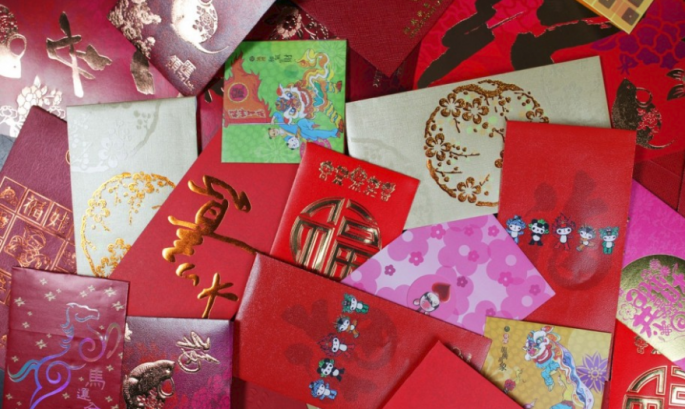
People living in the southeastern province of Fujian are the most generous in China when it comes to giving cash gifts to their loved ones, according to a study by a personal finance app developer.
It is traditional during the Lunar New Year holiday for families and friends in China to exchange red envelopes containing money. How much they put inside, of course, is entirely up to them.
Based on seemingly anecdotal evidence taken from the app users' personal entries, people in Fujian this year stuffed a whopping 3,500 yuan (US$550) on average into each envelope they handed over, ensuring the province top spot on the regional rankings.
While it would not be unreasonable for Fujian residents to feel a degree of pride in their collective generosity, their average offering appears almost piffling, however, when compared to the largesse shown by people at the city level.
According to the poll, published on social media by developer Wacai, the prize for China's most munificent metropolis went to Putian - coincidentally also in Fujian - whose residents somehow managed to cram 12,000 yuan into each overstuffed envelope they handed over.
In comparison, the residents of Beijing (average packet value 2,900 yuan), Shanghai (1,600 yuan) and Hong Kong (810 yuan) appeared decidedly parsimonious.
Back at the provincial level, the nation's most frugal folk were found in Guangdong, which neighbours Fujian to the south, where the mean envelope value was just 50 yuan.
Wacai said it collected figures from people living in 34 provincial level jurisdictions and their cities, but did not provide any details of its methodology.
Ira Lin, a 21-year-old woman living in Fuzhou, the capital of Fujian, told the South China Morning Post that the red envelopes she received from her family at the Lunar New Year usually contained between 200 and 2,000 yuan.
"People don't compare gifts exactly, but they do try to keep track of them so that they give about the same amount as they receive, so as to avoid any embarrassment," she said.
"The most embarrassing thing is when two families that are not that close come together and exchange red envelopes for their children, and you don't know how much is inside the packet given by the other family," Lin said.
If a family did not have an envelope to give, they might make up for it another way, such as paying for a shared meal, she said.
He Li, a 22-year-old who grew up in the city of Dongguan in Guangdong, said the amount of money people gave and received depended on the closeness of their relationship.
"My maternal aunt and paternal uncle, who I'm really close to, usually give me 2,000 to 3,000 yuan, but most other people just give 100 or 200 yuan," she said.
"If the person is really close, there is no upper limit."


























